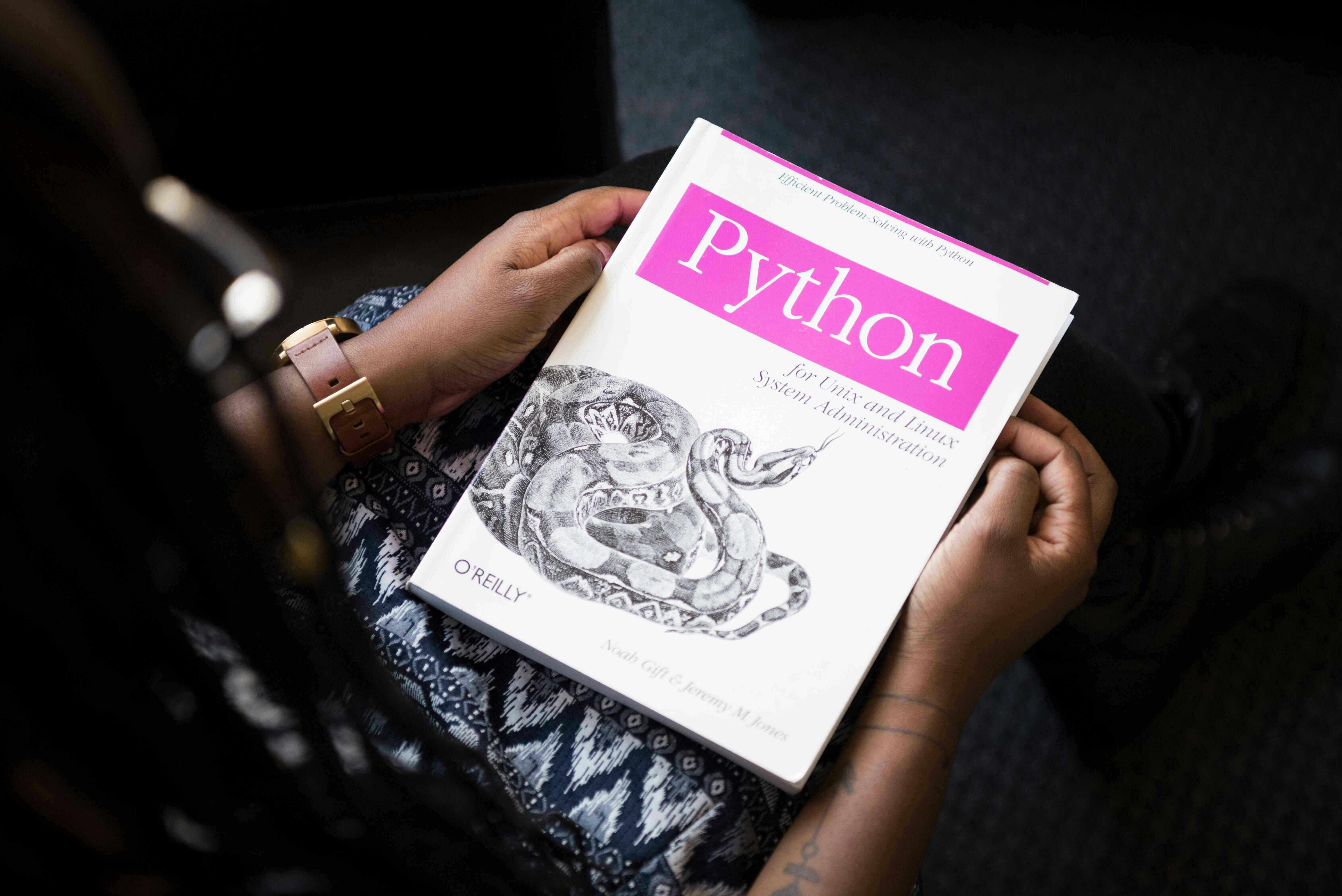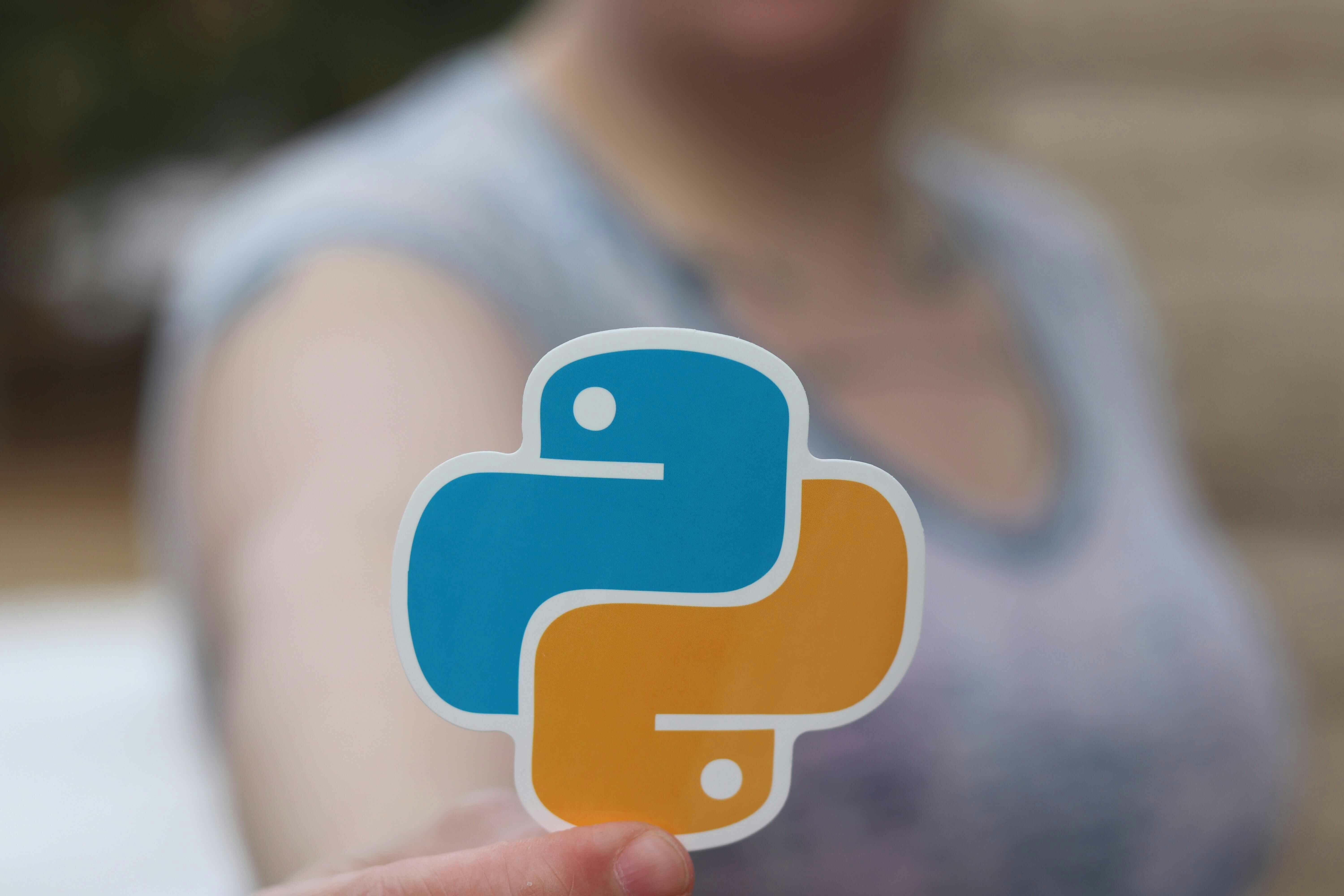Master Python: Guide to Learning Python Online

Python has emerged as one of the most popular programming languages, known for its simplicity, versatility, and readability. Whether you're a beginner or an experienced programmer, learning Python opens up a world of opportunities in software development, data science, machine learning, and web development. With the abundance of online resources available, mastering Python has never been easier. In this guide, we will explore how you can effectively learn Python online.
1. Choose the Right Learning Platform
Numerous online platforms are offering Python courses, tutorials, and resources. Some of the most popular ones include:
Coursera: Offers Python courses taught by instructors from top universities and organizations.
edX: Provides Python courses from universities like MIT, Harvard, and others.
Udemy: Offers a wide range of Python courses at different skill levels.
Codecademy: Offers interactive Python tutorials suitable for beginners.
Microsoft: Provides free Python tutorials and projects for beginners.

2. Start with Fundamentals
If you're new to programming, it's essential to start with the fundamentals of Python. Focus on understanding basic concepts such as variables, data types, loops, conditionals, functions, and object-oriented programming principles. Many online courses and tutorials are specifically designed for beginners and provide a solid foundation in Python programming.
3. Hands-on Practice
Learning Python is not just about reading tutorials or watching videos; it's about hands-on practice. Make sure to write code regularly to reinforce your understanding of concepts and improve your problem-solving skills. Work on coding exercises, challenges, and projects to apply what you've learned and build confidence in your programming abilities.
4. Join Online Communities
Joining online communities and forums dedicated to Python can be incredibly valuable. Platforms like Stack Overflow, Reddit's r/learnpython, and Python-related Discord servers are great places to ask questions, share knowledge, and connect with other Python enthusiasts. Engaging with the community can help you stay motivated, gain insights from experienced developers, and troubleshoot issues you encounter while learning Python.
5. Build Projects
One of the most effective ways to learn Python is by working on real-world projects. Identify projects that align with your interests and apply your Python skills to solve problems or create something meaningful. Building projects not only reinforces your understanding of Python but also helps you develop practical experience and a portfolio to showcase your skills to potential employers or clients.
6. Explore Advanced Topics
Once you've mastered the basics of Python, you can explore more advanced topics based on your interests and career goals. These may include web development using frameworks like Django or Flask, data analysis and visualization with libraries like Pandas and Matplotlib, machine learning and artificial intelligence with libraries like TensorFlow and PyTorch, or automation and scripting for various tasks.
7. Stay Updated
The field of programming is constantly evolving, and Python is no exception. Stay updated with the latest developments, new features, and best practices in Python programming. Follow influential Python developers, subscribe to Python-related blogs and newsletters, and participate in online courses or webinars to keep your skills sharp and up-to-date with industry trends.

Conclusion
Learning Python online offers a flexible and accessible way to acquire valuable programming skills. By choosing the right learning platform, starting with fundamentals, practicing regularly, joining online communities, building projects, exploring advanced topics, and staying updated, you can master Python and unlock a world of opportunities in the ever-growing field of technology. Whether you're pursuing a career in software development, data science, or any other field, proficiency in Python is a valuable asset that can propel your success in the digital age. Happy coding!